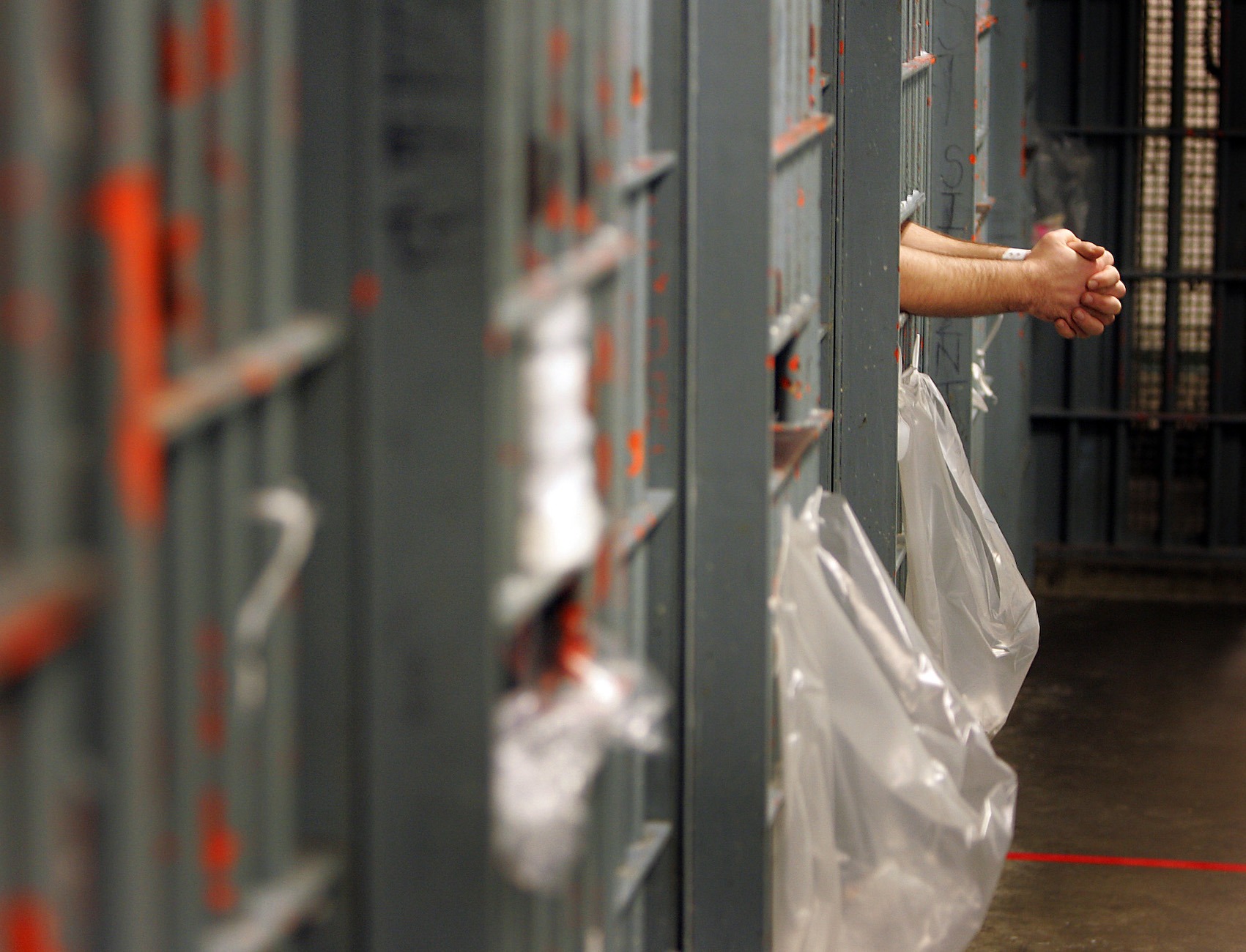States Should Abolish Technical Violations of Probation and Parole
“Technical violations” of probation or parole are by definition minor—forgetting to update your address, showing up to a meeting late, or missing a curfew—but often get people locked up. State lawmakers should ban incarceration for technical violations of probation and parole.

The Point
“Technical violations” of probation or parole are by definition minor—forgetting to update your address, showing up to a meeting late, or missing a curfew—but often get people locked up. State lawmakers should ban incarceration for technical violations of probation and parole.
State lawmakers should prohibit incarceration for technical violations:
- Lawmakers can and should remove the power of courts, probation officers, and parole officers to incarcerate a person simply because they violated a technical condition of probation or parole. This discretion has been used to incarcerate people for actions like getting married to someone with a felony, receiving a clothing donation from “a known gang member,” or working a job that lasted past curfew.
- Lawmakers should also limit the conditions that can be included in a term of supervision and require courts to ensure conditions are meaningfully related to rehabilitative goals. Often, arbitrary rules are imposed on probationers and parolees that end up serving as “tripwires” instead of ways to support reentry or protect public safety.
- Lawmakers should define the behaviors that qualify as technical violations to avoid creating loopholes or confusion. Technical violations are broadly understood to mean noncriminal rule violations—actions that may violate the conditions of supervision but do not break any criminal laws and do not result in criminal charges.
- Lawmakers should reallocate the money saved by not incarcerating people for technical violations to resources that will help people access employment, substance use treatment, and housing while on probation or parole.
Incarcerating people for technical violations creates harm and diminishes public safety:
- Probation and parole have become pipelines to prison. According to a paper by the Council of State Governments, “Technical violations, such as missing appointments with supervision officers or failing drug tests, account for nearly one-fourth of all state prison admissions.” Incarcerating people in prisons for technical violations costs states $2.8 billion annually.
- Even a few days of incarceration can cause someone to lose the job they secured, the housing they found, and the community ties they had made—all things that make it less likely a person will commit future crimes. As Kendra Bradner, director of the Probation and Parole Reform Project at the Columbia Justice Lab explained to The Appeal, public safety is created “by supporting people to build stable lives that include employment, supportive relationships, reliable access to services like transportation and healthcare.”
- Black and Latinx people are disproportionately harmed by this practice. “Overall, people of color are more likely than white people to be under community supervision, to be charged with a technical violation, and to be incarcerated for that violation,” notes Vincent Schiraldi, co-director of the Columbia University Justice Lab, in a recent explainer for The Appeal Lab.
Dive Deeper
- Explainer: How “Technical Violations” Drive Incarceration. Incarcerating someone for a noncriminal rule violation doesn’t improve outcomes or safety; it does the opposite. It uproots people from community ties, and exacerbates the system’s already deep disparities.
- Why NYC’s Jail Population Is Spiking as the Pandemic Continues. Elizabeth Weill-Greenberg, Senior Reporter, The Appeal; Julia Salazar, New York State Senator; Philip Desgranges, Civil Rights Attorney, The Legal Aid Society; and Vincent Schiraldi, Co-director, Columbia University Justice Lab tell The Appeal Live about this threat to public health.
- New York City Has People on Parole in Jails at Rates Not Seen Since the Early Pandemic. Despite calls to reduce incarcerated populations, the number of people being detained for minor parole violations has been rising.
- Sample Legislation on Probation. Lara Bazelon and Shon Hopwood propose a policy that would return to a model that uses probation only when community safety can be enhanced by addressing the criminogenic needs of probationers and focusing only on the time period that probation can be of the most benefit.

